Incentives for diversified agriculture as a strategy for overcoming poverty in rural contexts
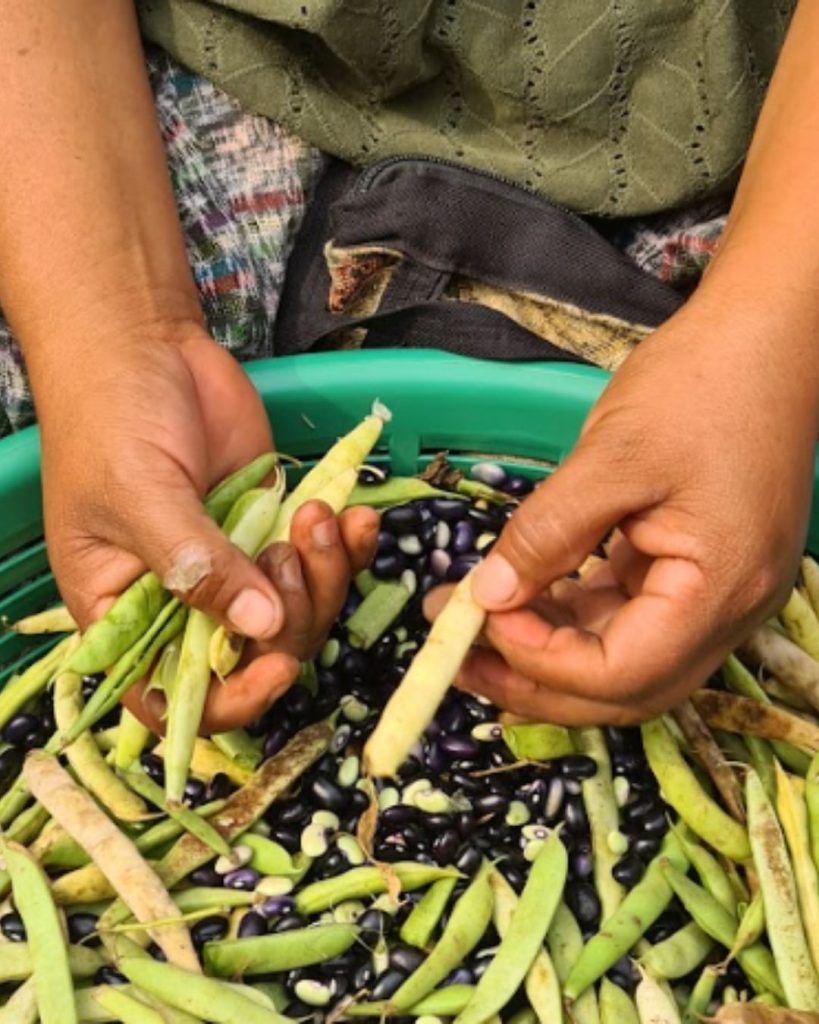
Since 2021, Rimisp has accompanied the indigenous civil association APROBA SANK, who have been working with Mayan Q’eqchi’ communities and authorities for over 20 years in Alta Verapaz, Guatemala. SANK, in its mission to improve living conditions and achieve greater autonomy for local communities, has proposed the establishment of an Incentive Program for Diversified Peasant Production (PIN-Campesino).
Proposal for a Regional Management Model for the decentralized implementation of the National Rural Development Policy (ODEPA)
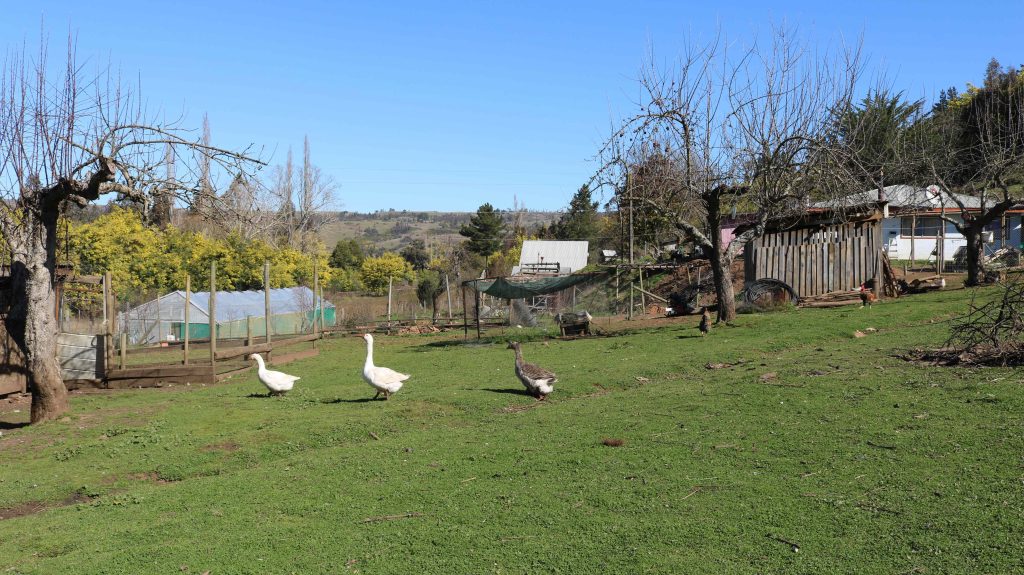
The study seeks to investigate the PNDR management models through the review of planning instruments, analysis of regional governance spaces, the development of a management model and its participatory validation. The aim is to analyze planning, investment and territorial governance in the light of the PNDR.
Chile: The formulation of the Extreme Zones Development Plan advances in Rapa Nui
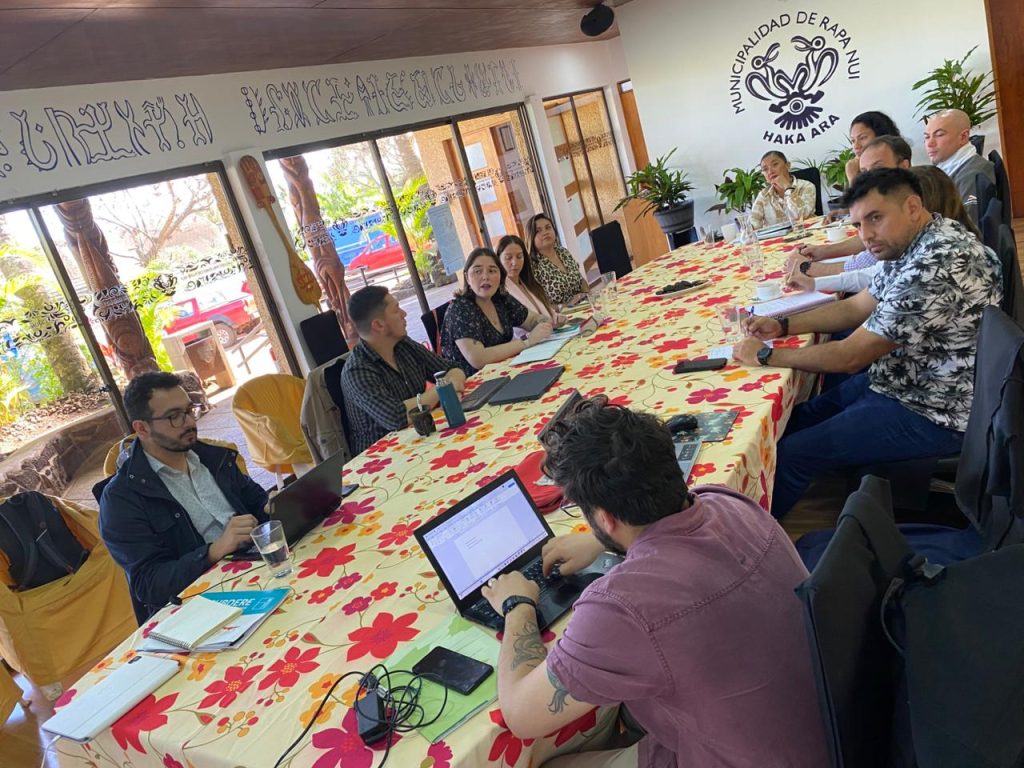
An intense week of work included meetings and workshops with local stakeholders to review and complement a preliminary ten-year investment portfolio.
Egon Montecinos

D. in Social Science Research, mention in Political Science, from FLACSO-MEXICO;
Master in Social Sciences from Universidad de Los Lagos (Chile); and Social Worker from
Universidad de La Frontera (Chile). He is currently Rector of the Universidad Austral de Chile.
Jimena Puyana
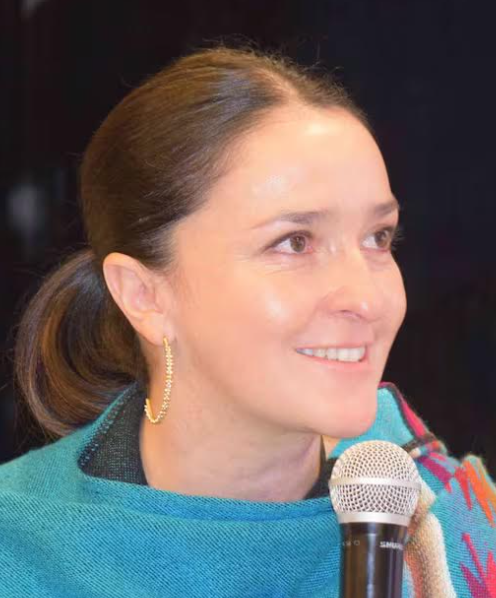
Ecologist from Universidad Javeriana de Colombia, Master in Rural Development from the same university
and in Strategic Environmental Assessment from Oxford Brookes (United Kingdom). She is currently Manager of Sustainable Development at UNDP Colombia.
Rimisp participates in IV Decentralization 2025 Congress in Chile

Rimisp researchers Carolina Olcay and Natalia Slachevsky prepared the presentation comparing case studies in Chile, Ecuador and Peru.
Mexico: Rimisp and Cesder hold closing event for the Networks for Agri-Food Transformation project
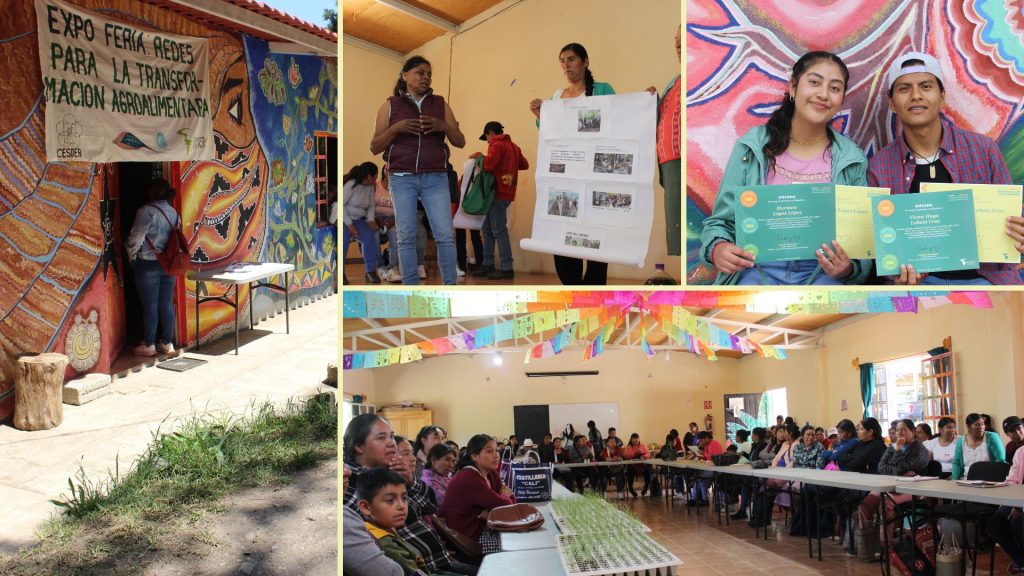
A community expofair was held with Nahuatl communities in the Sierra Norte de Puebla and field visits were made to Ixtacamaxtitlán and Zautla.
Camila Migueletto Diaz

Sociologist of the Universidad de Chile
Fostering the participation of indigenous families and communities in agroecological transitions: Experiences from three territories in Bolivia, Guatemala and Mexico
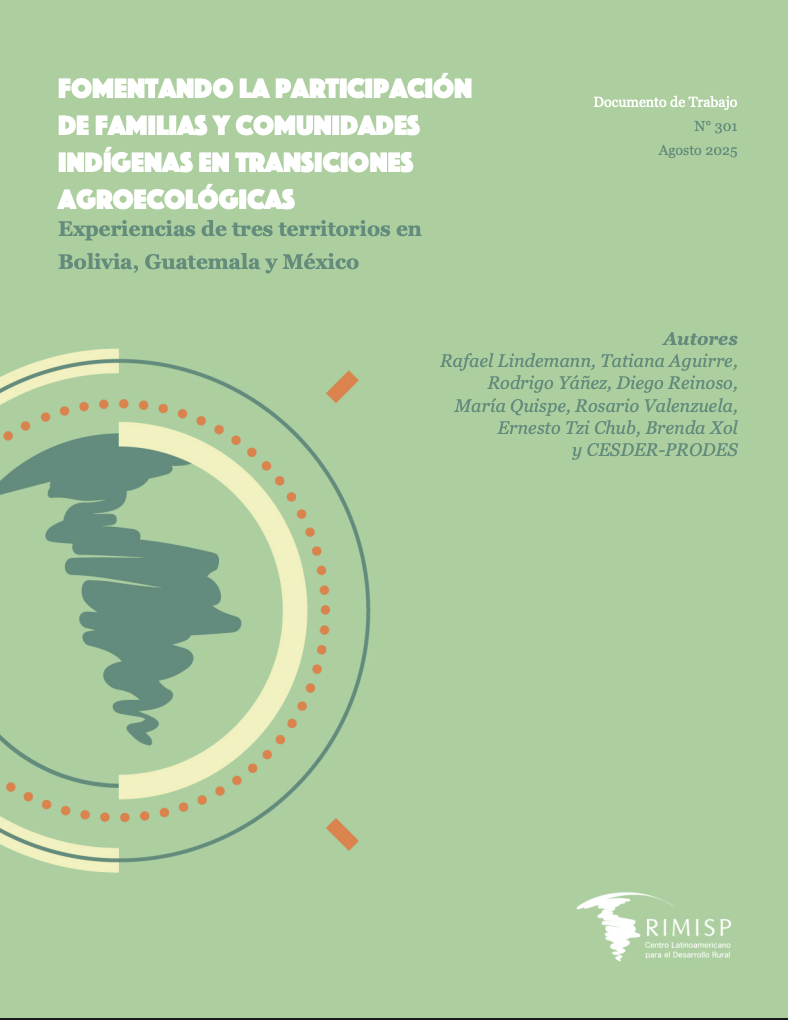
Agroecology distinguishes itself from other approaches to sustainable agriculture by focusing on the protagonism of family farmers and peasant and indigenous grassroots organizations in the processes of food systems transformation. This study explores various strategies to promote the participation of these communities in agroecological transitions in indigenous territories in Mexico, Guatemala and Bolivia.
Rimisp and UNHCR collaborate to build capacity of community leaders in Arica, Chile
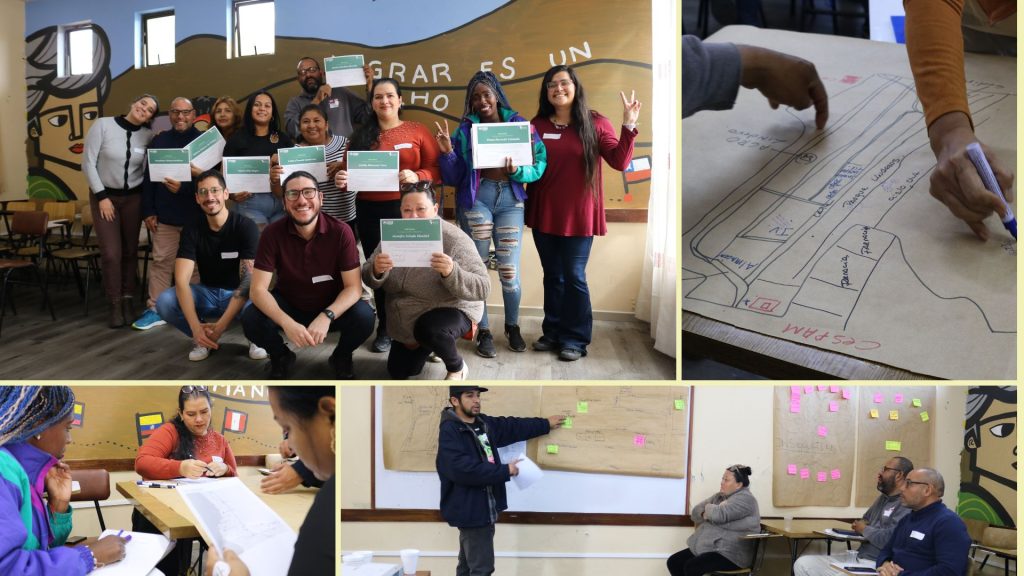
The training program “Community Leaders and Promoters” was held at the Jesuit Migrant Service in Arica on July 25 and 26.